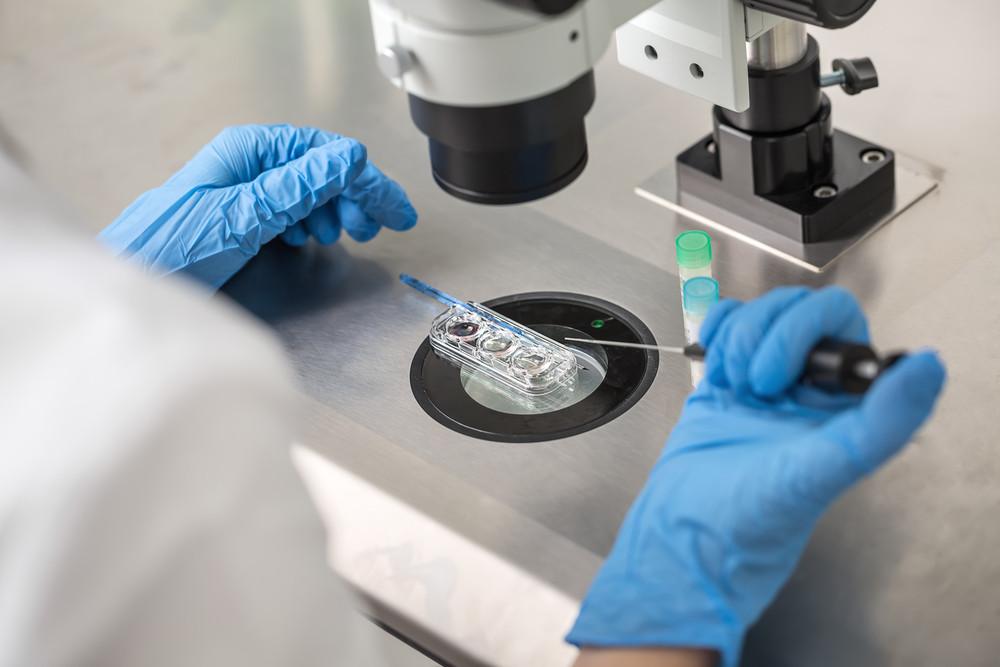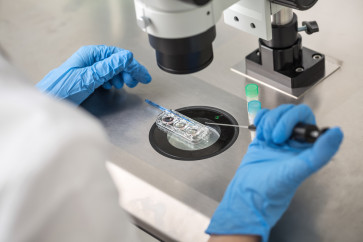Popular Reads
Top Results
Can't find what you're looking for?
View all search resultsPopular Reads
Top Results
Can't find what you're looking for?
View all search resultsSci-tech bill 'threatens' academic freedom
Anyone conducting “high-risk or dangerous studies” without a government permit could face two years in prison if the bill is passed into law.
Change text size
Gift Premium Articles
to Anyone
A
mbiguous provisions in the bill on science and technology that prescribe prison terms for scientists whose experiments go wrong are feared to kill academic freedom if it is passed into law.
The concern has been raised by the Indonesia Sciences Academy (AIPI), one of Indonesia’s oldest independent agencies on scientific affairs, which published a 13-page document on its objections and recommendations for change.
Now on hold until next month’s general elections, the bill states that anyone conducting “high-risk or dangerous studies” without a government permit may face two years in prison or a fine of up to Rp 2 billion (US$141,340).
If the researcher causes damage to invaluable objects, harms or causes the death of people involved in experiments, they would be subject to criminal charges carrying a maximum prison term of seven years and a fine of between Rp 3 billion and Rp 7 billion.
AIPI chief Satryo Soemantri Brodjonegoro questioned the wisdom of the “criminalizing” stipulations because scientists have universal codes of ethics, such as the 1992 Convention on Biodiversity Conservation and the International Code of Medical Ethics.
In cases where medical experts need to conduct human experiments regarding diseases, he added, the government could not charge them with murder if they followed operating standards.
As a mechanical engineer himself, Satryo said uncontrollable natural forces like earthquakes could cause experimental objects to explode and unintentional fatalities. In this instance, the scientist should not be criminalized, otherwise the law would discourage studies that involve “risky and dangerous” experiments.


















